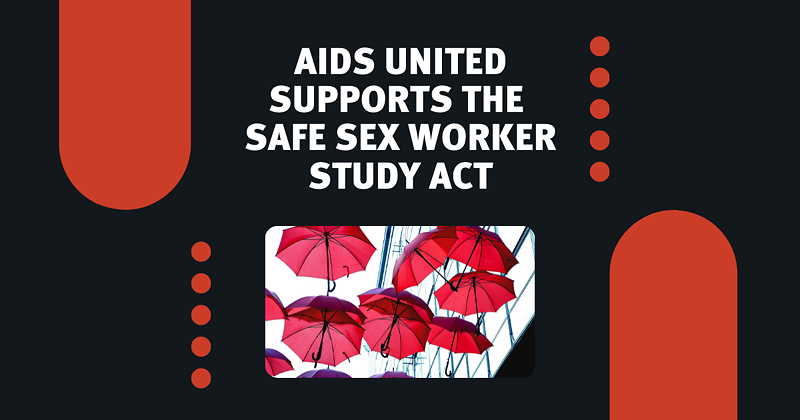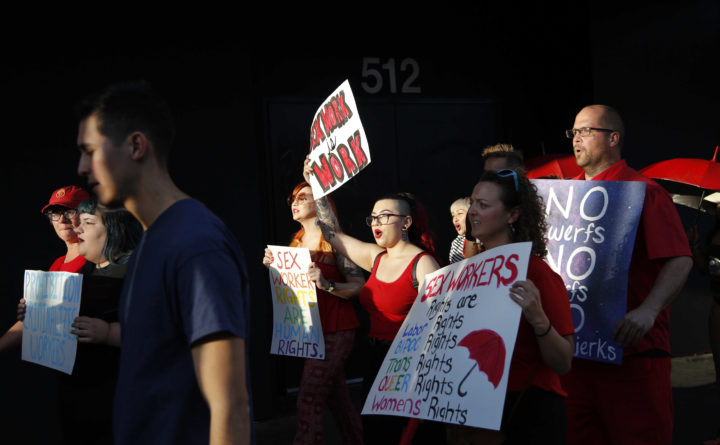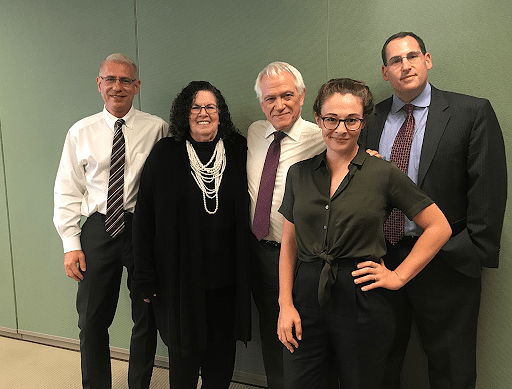Stratton Oakmont, Inc. v. Prodigy Services Co.
May 25, 1995: This was the second of two contradicting Supreme Court cases in the 1990s relating to the liability of online platforms for user-generated content published on their sites. This legal discrepancy was the impetus for Section 230 of the Communications Decency Act of 1996. In Stratton Oakmont v. Prodigy, the courts ruled...
Read More
Reno v. ACLU
June 1997: In this landmark case, the Supreme Court ruled unanimously in favor of the ACLU. The anti-indecency provisions of the CDA are an unconstitutional violation of First Amendment rights. The ACLU argued that the censorship provisions criminalized expression protected by the Constitution because the terms “indecent” and “patently offensive” are overbroad and vague....
Read More
University of Pennsylvania Publishes a Study on Commercial Child Sexual Exploitation
September 2001: Professors at the University of Pennsylvania published a widely cited study in which they estimated that some 326,000 children were “at risk of commercial sexual exploitation” in the United States. The role of the internet was not specified, but it was stated that the online victimization of children had reached “epic proportions.”...
Read More
Craigslist Opens Its Erotic Services (ERS) Page
From 2002 to 2010, Craigslist provided an Erotic Services section on its front page, effected with several other specialized advertisement sections like housing, cars, childcare, etc. ERS initially provided free advertising to legal sex workers, such as private dancers. It was quickly utilized by those participating in prostitution to match with clients and coordinate...
Read More
ERS Shuts Its Doors
September 2010: A lawsuit against Craigslist was filed by Thomas Dart, a sheriff in Cook County, Illinois, in 2009. Dart charged the site with facilitating prostitution. The case was rejected on the grounds of Section 230. Facing increased pressure to shut down their ERS page, the company initially argued that it had a right...
Read More
The Federal Government Wages an Investigation Into Backpage.com
January 2017: The Federal Government Wages an Investigation Into Backpage.com, the Largest Remaining Platform of Internet Advertisements for Sexual Services Instead of Undergoing Investigation, Backpage Shutters Its Adult Services Page After Years of Resistance The final report, published on January 8, 2017, was entitled “Backpage.com’s Knowing Facilitation of Online Sex Trafficking.” The findings of...
Read More
Congress Passes SESTA/FOSTA
February/March 2018: A package of bills, entitled Stop Enabling Sex Trafficking Act (SESTA), incorporating the House version, Allow States and Victims to Fight Online Sex Trafficking Act (FOSTA), passed the House and the Senate. SESTA/FOSTA modifies Section 230 to remove services providers’ immunity when dealing with civil or criminal crimes related to sex trafficking....
Read More
SESTA Is Signed Into Law by President Trump
April 11, 2018: In the weeks following the passage of the law, the federal government seizes Backpage.com, where many sexual service advertisements have migrated to different sections of the site. Sex workers are forced back onto the street, facing violence and increasing the power of exploitive third parties. Law enforcement is forced to abandon...
Read More
The Electronic Frontier Foundation Files a Federal Lawsuit To Challenge the Constitutionality of SESTA
June 28, 2018: Representing the Internet Archive, Human Rights Watch, the Woodhull Freedom Foundation, massage therapist Eric Koszyk, and Alex Andrews, and endorsed by human rights groups including the ACLU, Amnesty International, and Prostasia Foundation for Child Abuse prevention, EFF challenges the criminalization of protected speech. On September 24, the suit is dismissed on...
Read More
The Woodhull Freedom Foundation and Other Plaintiffs Appeal Their Case to the U.S. Appellate Court
November 2018: The Woodhull Freedom Foundation and other plaintiffs appeal their case to the U.S. Appellate Court. DSW submits an amicus brief in support of the lawsuit.
Read More
Woodhull and Other Plaintiffs Deliver Their Oral Arguments to the U.S. Court of Appeals
September 18, 2019: Woodhull and other plaintiffs deliver their oral arguments to the U.S. Court of Appeals.
Read More
U.S. Reps. Khanna and Lee, Sens. Warren and Wyden Introduce the SAFE SEX Workers Study Act To Examine the Effects of SESTA
December 17, 2019: Representatives Ro Khanna and Barbara Lee announce in the House, and Senators Elizabeth Warren and Ron Wyden introduce in the Senate, the SAFE SEX Workers Study Act to examine the effects of SESTA. The bill calls for the National Institutes of Health (NIH) to establish empirical data on the risks sex...
Read More
The D.C. Circuit Court of Appeals Revives Woodhull’s Case
January 24, 2020: The Court Orders That the Constitutional Challenge of SESTA/FOSTA Be Sent Back to the District Court for a Ruling on the Merits of the Case The court found that two of the four plaintiffs in the case have adequate standing to pursue claims. Alex Andrews, through her website Rate That Rescue,...
Read More
Notice of Appeal
April 25, 2022: The Woodhull Freedom Foundation, Human Rights Watch, Eric Koszyk, Alex Andrews, and The Internet Archive joined together to file an appeal against Memorandum Opinion of March 29, 2022, which dismissed their motion for summary judgment of FOSTA.
Read More
Amicus Brief
September 13, 2022: Decriminalize Sex Work (DSW), joined by eleven other organizations working to ensure the health, safety, wellbeing, and human rights of sex workers and survivors of trafficking, filed a new Amicus brief supporting the appellants in a federal case challenging SESTA/FOSTA and its criminalization of protected speech.
Read More





























